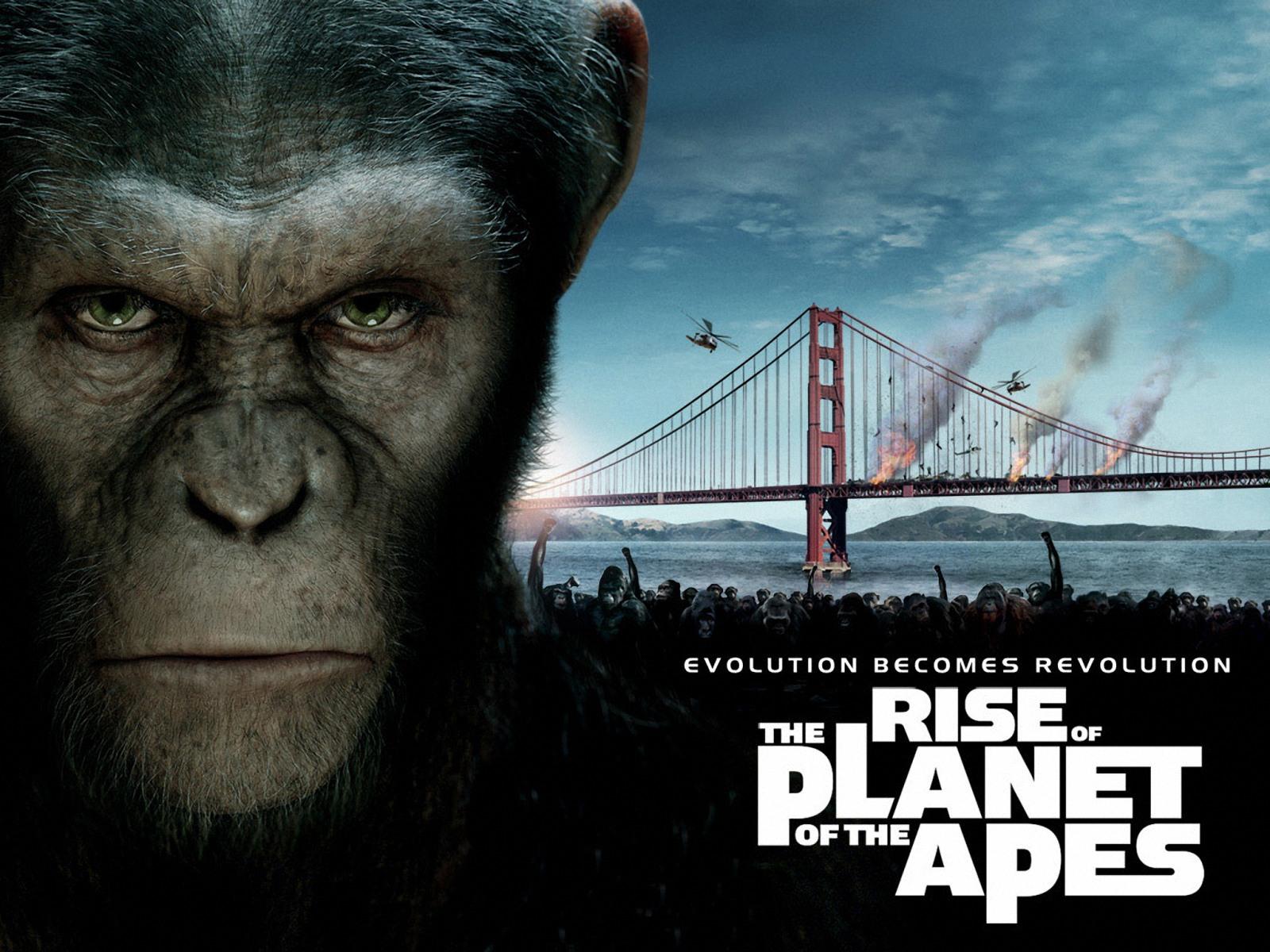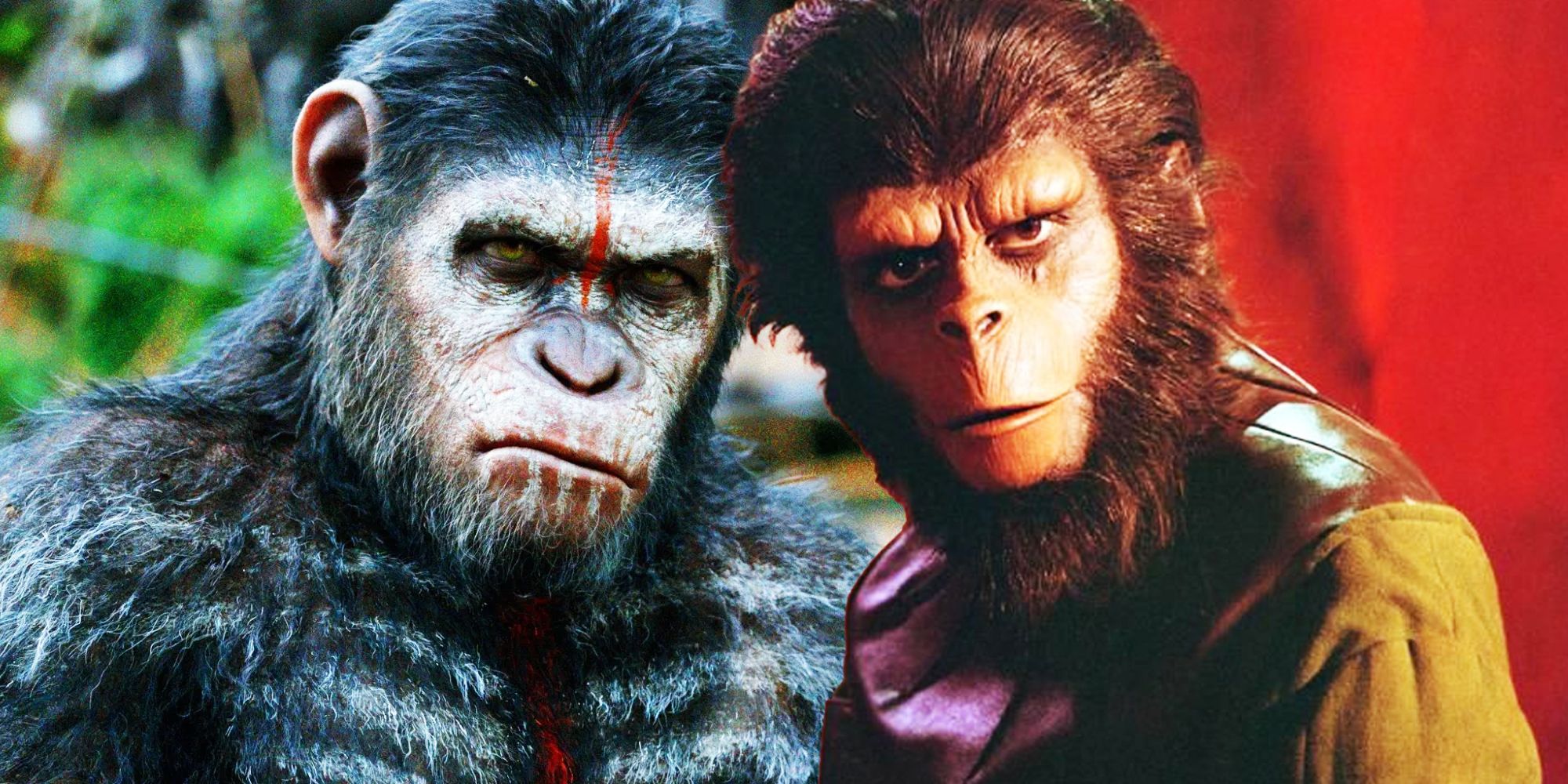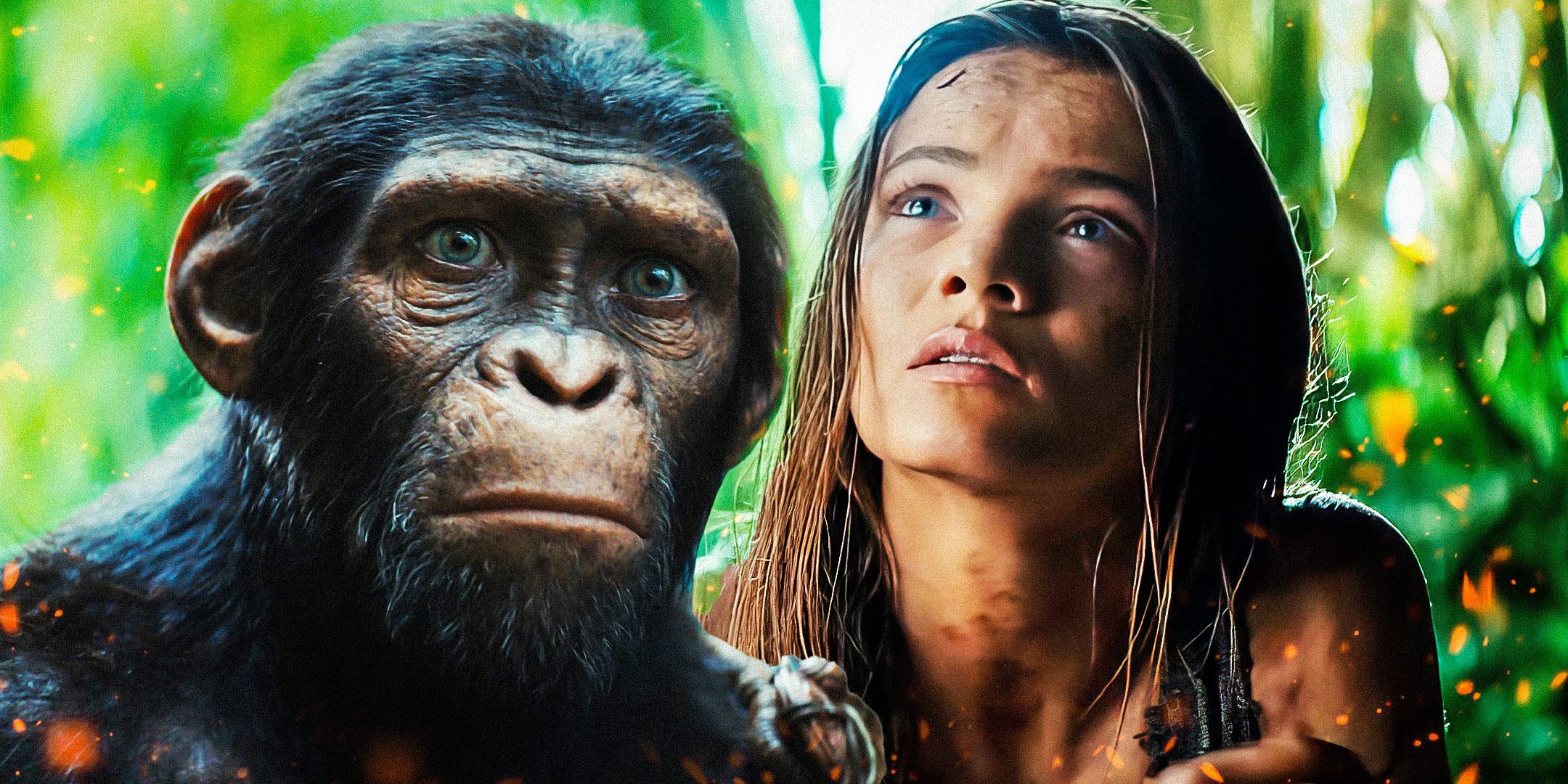It has been seven years since the last “Planet of the Apes” film, titled “War for the Planet of the Apes,” was released in 2017. I still recall it vividly. Undoubtedly, Matt Reeves’ work left a lasting impression; he skillfully portrayed the conflict between apes and humans. This confrontation ultimately favored the simian population, despite the death of Caesar, the original ape leader. This serves as the starting point for the new “Planet of the Apes – The New Kingdom,” which almost feels like a fresh beginning. With new characters, stakes, and a new director who is naturally younger, this could be the start of a new trilogy aiming to delve deeper into Pierre Boulle’s original work while also introducing new elements. Additionally, it not only stands out for its well-executed storytelling but also for its technically advanced production quality.
To bring this vision to life, Hollywood engaged Wes Ball, known for his work on the “Maze Runner” trilogy rather than by name alone. Born in 1980, he represents a generation of filmmakers who came of age with pop culture and video games, and his film contains scenes reminiscent of titles such as “The Last of Us” or “Horizon,” all sharing the post-apocalyptic theme where humanity has reverted to a near-primitive state and nature reigns once more. Additionally, it is worth noting that Wes Ball’s upcoming project involves adapting The Legend of Zelda for cinema, selected by Nintendo and Sony Pictures to bring Link and Hyrule to life. I am looking forward to seeing how this adaptation turns out, particularly after his work on “Planet of the Apes: The New Kingdom.”
DON’T WANT TO BE A MONKEY WRENCH
Furthermore, it is important to note that the story of this tenth installment continues the trilogy initiated in 2011 by Rupert Wyatt, which takes place 300 years after the events of the “Supremacy” episode and marks the end of the Caesar era. Although Caesar himself is no longer present, his influence remains significant; he is revered as a reference, a prophet, and even a god in some sense due to his role as the original primate who began to speak. His actions and teachings have left an indelible mark on the legacy among all primates, who now dominate a world devastated by nature’s reclaiming of its rights. Wes Ball’s film is particularly intriguing as it delves into the consequences of this evolution within the primate society. They can communicate fluently across different clans, races, and origins, but more crucially, they have become acutely aware that knowledge is an immensely powerful tool. As Francis Bacon stated in 1597, “knowledge is power,” a principle central to Caesar’s teachings alongside his repeated mantra, “Apes Together Strong.” This concept forms the crux of the film’s narrative, highlighting early on that evolution has not been entirely positive. As primates increasingly mirror human characteristics in their thinking and behaviors, intelligence and consciousness also bring about meanness, betrayal, and treachery—traits that define the human spirit and its emotions.
Noa’s character is thoughtfully selected for this role. On screen, he is portrayed by Owen Teague, a young actor who, while not yet widely recognized by the general public, could soon gain significant recognition in the coming years. There have been many comments expressing concern about following up on Caesar’s character, particularly since it was played by Andy Serkis, renowned as a master of performance capture technology. This technique, frequently utilized in video games, gained popularity largely due to Serkis’s contributions. His performances include Gollum from Peter Jackson’s adaptation, Snoke in “Star Wars: The Last Jedi,” and Baloo in the live-action version of “The Jungle Book.” In gaming as well, he has made considerable advancements. It is understandable for Owen Teague, a 25-year-old actor making his debut in performance capture, to feel some apprehension. Nonetheless, it must be acknowledged that his portrayal is notably successful. This new venture for the young actor aligns perfectly with Noa’s character, who embarks on a journey to save his tribe, akin to a blank slate. He is portrayed as youthful and uncertain, destined to learn and be shaped by the various individuals he meets along the way. These interactions will enable him to forge his identity and emerge as the anticipated new leader of his tribe. Because Noa begins his journey with an innocent perspective, the concept of influence works remarkably well on him. Throughout his journey, he learns to understand the real world around him, experiencing moments of joy and sorrow that shape him—whether for better or worse.
The Human Vice
Like the other films in the franchise, “The New Kingdom” addresses strong themes such as humanity, ecology, and racism in all its forms. It explores the struggle for coexistence between two races that cannot live together peacefully. Both claim ownership of this world, and neither is truly right or wrong; it’s in their methods where things become interesting to analyze. I would have liked a more profound exploration of humanity’s decline within the film, but unfortunately, this theme is only touched upon. There are sequences explaining how apes overcame humans, which is always fascinating, yet there’s an imbalance in treating both species. This seems intentional, especially with the film’s end, which can be seen as a twist, but if you’re looking for humans, they are barely present—physically, that is. However, humanity itself remains omnipresent. The humanity to which these evolved apes aspire or represent through Mae’s lens of survival. Freya Allan, who played Ciri in Netflix’s “The Witcher” series, portrays Mae convincingly, with genuine character progression and surrounding mysteries.
BOSSA NOVA
Regarding filmmaking, it is important to note that Wes Ball defends his approach. He may not be considered the new Spielberg, but he demonstrates skill in crafting certain shots, particularly wide ones, which are especially effective for IMAX screens. Some of his images convey a sense of grandeur, allowing viewers to appreciate the world where apes and humans coexist. What is notably commendable about Wes Ball is that he is a hands-on director who prefers filming on natural sets. In a recent interview, he highlighted that shooting in studios significantly slows down production due to air conditioning issues, whereas filming under real conditions brings an unpredictable and spontaneous energy to the set. This quality is evident on screen, even more so given the film’s extensive use of special effects and CGI.
By now, it is difficult to distinguish truth from falsehood. Is this fight scene entirely computer-generated imagery (CGI), or is it a combination of real footage and digital effects? There is a water-related scene towards the end where a location appears to be flooded, and I genuinely struggled to determine if it was fully CGI or if actors were submerged in performance capture suits similar to those used in “Avatar 2.” In any case, Weta demonstrates their expertise as leaders in CGI, evident once again through close-ups of monkey faces. This realization indicates that all-CGI is not necessarily problematic when skillfully employed and directed. The issue with rejecting CGI lies in the abundance of poor-quality CGI seen recently due to rushed production times.
In conclusion, “Planet of the Apes: The New Realm” is a genuine success and a pleasant surprise following the “Supremacy” episode (and the Caesar/Andy Serkis era), which had neatly concluded the previous trilogy. The film successfully breathes new life into the lore, continuing to explore the nearly impossible coexistence between two species vying for dominance.
Have any thoughts?
Share your reaction or leave a quick response — we’d love to hear what you think!

:max_bytes(150000):strip_icc()/Kingdom-of-the-Planet-of-the-Apes-110123-2c18d9b403e2451e9d0752ecef474345.jpg)

